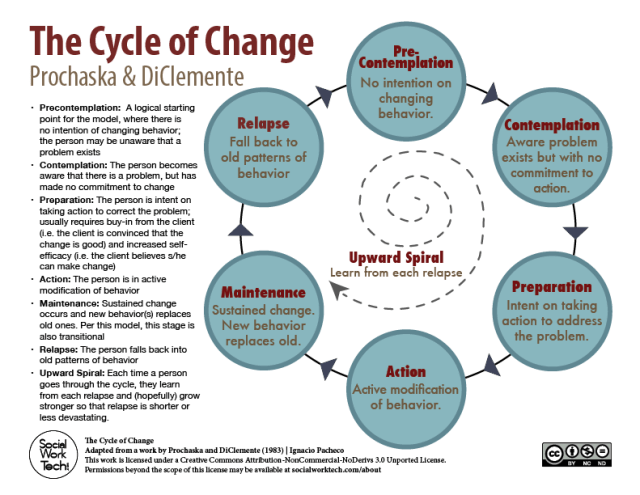Disclaimer: The following guide is my best guess on what content will be on the exam. I do not know what exactly will be on the exam but I have helped over a thousand health care professionals pass the exam.
Chapter 7- Self Management Education and Support
Importance: Medium- Read at least twice
Approximate time recommended: 30 min
I have highlighted what I think will be important for the exam. All areas in grey (key messages and recommendations) are also important for the exam. However you should read the entire chapter.
 Loading...
Loading...
Some of my students have found Chapter 6 and Chapter 7 confusing as they have inter-related information. Chapter 7 focuses on how we help patients at our work. This is what we do and we would not expect your provincial minister of health to be doing this work.
Under the heading of: Introduction
Be familiar with the goal of self management education (SME) and self management support (SMS). We are not beside our patients 24 hours a day 7 days a week nor would we want to be. However they must be able to make good decisions about their diabetes when we are not around. SME and SMS are tools to accomplish that goal.
Self Management Education
Be familiar with with the definition of SME, what is basic knowledge for SME, what is cognitive behavioral therapy and how to deliver SME
Self Management Support
Be familiar with with the definition of SMS and how to deliver and tailor SMS.
Conclusions
Be familiar with Figure 1
Be familiar with the self management suggestions on 8 and 9 of the Quick Reference Guide
 Loading...
Loading...
Be familiar with the Stage of Changes and Tips for Motivation Interviewing below:
Practice Questions (press show answer to reveal answer)
Which of the following knowledge and skills would be considered basic?
A) Healthy eating, treatment of diabetic ketoacidosis, management of hypoglycemia
B) Self monitoring of blood glucose, healthy eating and insulin pump settings
C) Stress management, self monitoring of blood glucose and diagnosis
D) Physical activity, stress management and medication adherence
Which of the following are all examples of self management support except?
A) Tele-health sessions, exercise interest groups and educational processes
B) Peer lead support groups, frequent follow ups with health care professionals and exercise interest groups
C) Tele-health sessions, diabetes coaching and linkages to special interest groups
D) Case management by a health care professional, peer lead support groups and diabetes coaching

